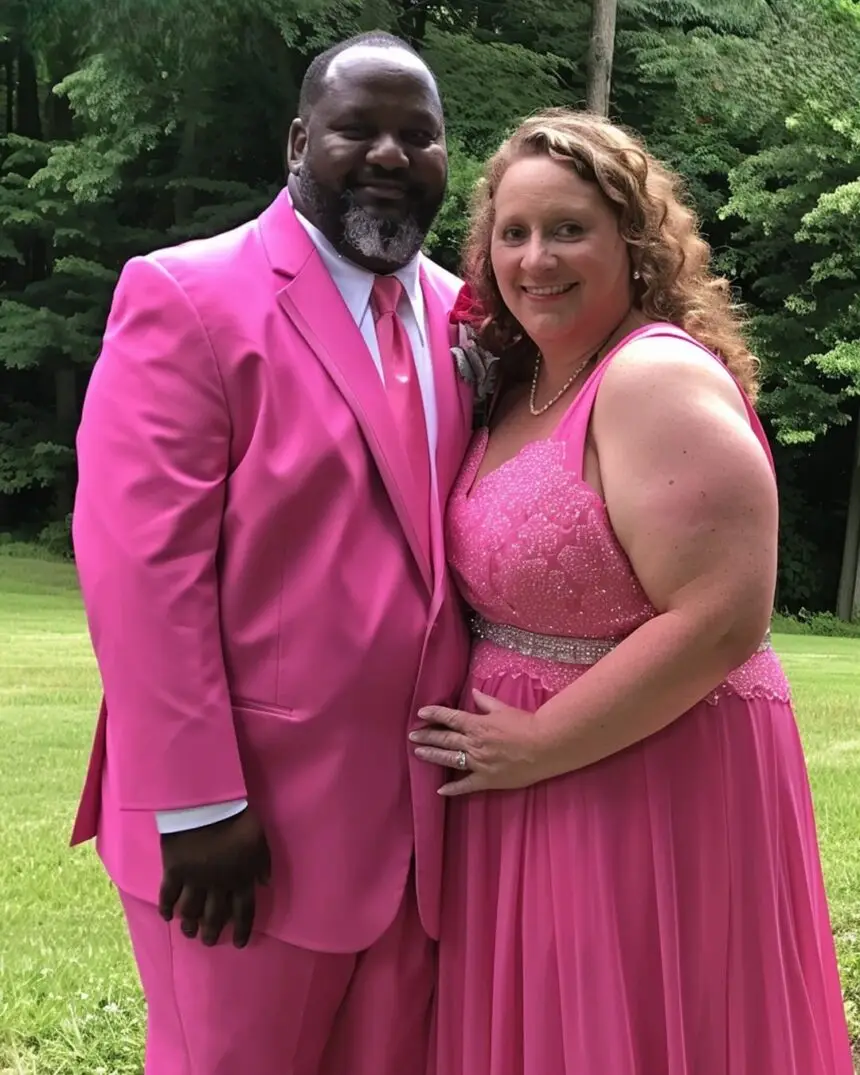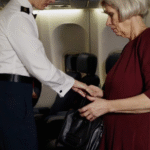I called in an order for four large pizzas and some wings after we pooled our funds. We were thrilled when the pizzas arrived and shared them with other tables nearby who had also missed out on the buffet.
As we dug into the pizza, relieved to finally have something to eat, the mood at our table improved. However, we weren’t aware of the discontent at other tables.
Soon after, Linda’s father came up to us to ask about the pizza, looking stern. He was clearly upset when I told him that we had ordered it because there wasn’t enough food, and I didn’t want to share the last slices with him.
As Linda and her family regarded us with disapproval, tension filled the room. Tom came back shortly thereafter, looking distraught, and asked us to leave.
He explained that Linda was upset and that our decision to order food and not share disrespected her father. We left the wedding feeling hurt and frustrated, despite my efforts to justify our actions.
It was evident that our presence was causing more trouble than it was worth. Tom contacted me after a few days to apologize.
They came to the conclusion that there had been a serious oversight with the food after discussing the situation with Linda and her family. Linda was enraged at her family for overindulging and causing others to go hungry.
In an effort to make amends, Linda’s father decided to throw an “After Wedding Shindig” for all of the guests, complete with plenty of food, drinks, and entertainment, so that nobody would go hungry this time around. I felt relieved as the call came to an end.
Despite the awkwardness and discomfort of the initial experience, it appeared that things were improving. When I stopped to think about it, I realized that the lack of food had caused more problems than anyone had anticipated.
However, in the end, it resulted in a solution that appeared to be even superior to the initial event.







